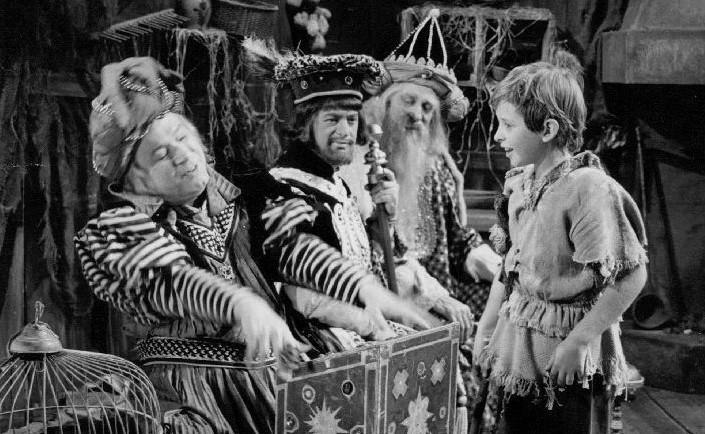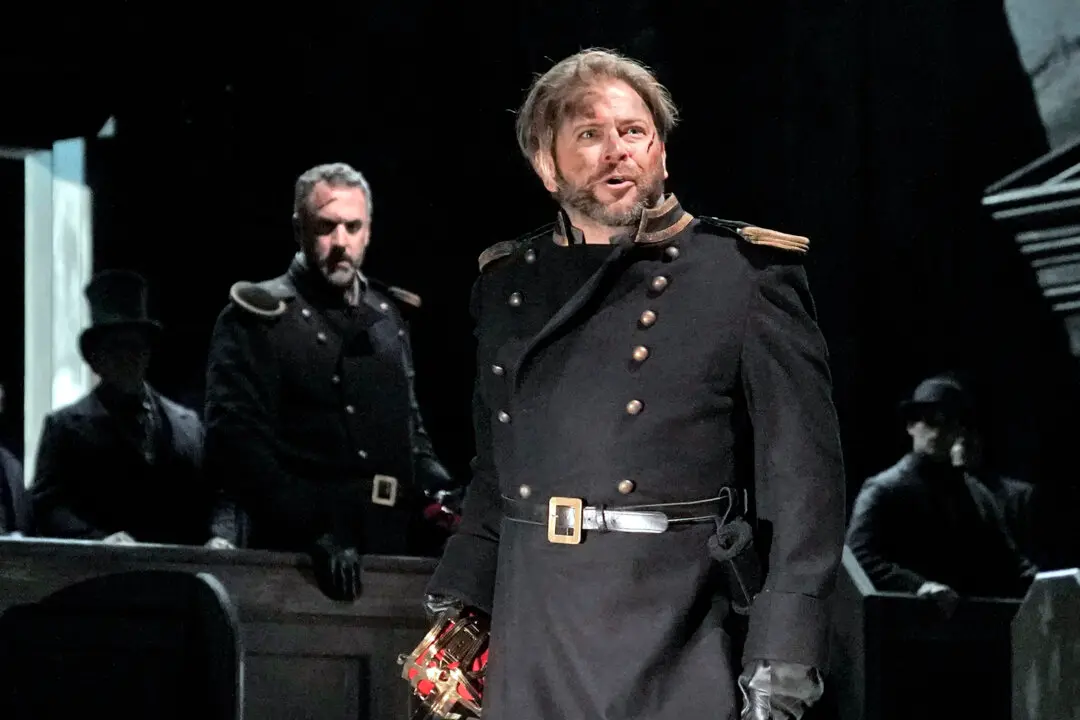Commentary
From October through December, department stores, television, merchandise, and popular tunes remind us that “it’s the most wonderful time of the year!” Disagreeing with the jollity is a sure-fire way to declare yourself a modern-day Scrooge, but the secular commercialism can become cloying to those who are sensitive to Christmas’s Christian significance. Even families who understand the holiday’s religious meaning may find that many of the traditional customs trade the birth of Jesus for tinsel and holly.





